10 Ways To Boost Serotonin And Be Happy
- By Healthy Living Liberty Lake
- •
- 31 Aug, 2017
- •

Everyone's idea of happiness is different, but there is one thing we all have in common: serotonin - the critical neurotransmitter needed to boost mood. People with low serotonin levels are often depressed, pessimistic, and generally not pleasant to be around. Serotonin is called the "happy hormone," but also has other health benefits which make us healthy at the same time.
10 Ways to Naturally Boost Your Serotonin Levels:
1. Eat animal protein. An amino acid called tryptophan helps produce serotonin, and animal protein is the best source. Tryptophan is especially high in chicken, turkey, fish, eggs, beef and dairy. Whey and egg protein are scientifically proven to increase this amino acid in the brain.
2. Sunshine. Natural light has a positive effect on mood, and triggers serotonin synthesis. The brighter the sunlight, the more serotonin the body produces. This could explain feeling down in the winter or on rainy dark days.
3. Vitamin D. This vitamin helps convert tryptophan into serotonin. Here, we need to supplement as we rarely get enough UV rays to make enough. You'll typically need between 2000 IU - 10,000 IU daily.
4. Omega 3s. These help boost serotonin production in the brain. Need 2000 mg - 4000 mg daily.
5. Eat curry. Curry has turmeric, which is considered a potent anti-depressant. Helps to increase serotonin in the brain, while reducing inflammation.
6.Caffeine. This has a positive effect on levels of serotonin in the brain, which is good news for most of us. Don't overdo it, however.
7. Exercise. This has been shown to increase serotonin levels because motor neurons activated during physical activity boost the release of serotonin. Regular exercise will spike tryptophan levels in the brain.
8. Massage. Massage has been proven to reduce cortisol and increase happy hormones by as much as 28%. Plus it feels great.
9. Nuts. Nuts contain tryptophan, so the more you eat, the happier you'll be. They also have numerous other health benefits, such as decreasing inflammation, helping to prevent heart disease, cancer and respiratory ailments.
10. Green tea. It contains L-theanine, an amino acid that boosts serotonin levels. It also has a powerful antioxidant that prevents brain damage.
There you go! This is a good place to start, especially if you've been feeling
down lately. B vitamins may also help, but if none of this is enough, then see
your doctor.
By Dr. Susan Ashley, M.D.

By Dr. Susan Ashley, MD

By Dr. Susan Ashley, MD
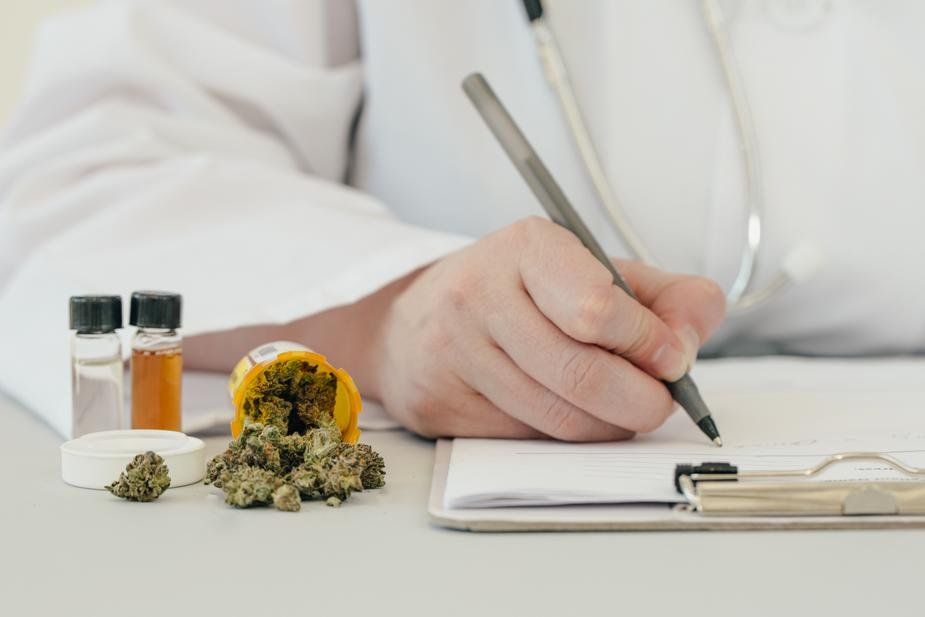
Opiates taken long term also leads to a reduced pain threshold, meaning a person on them will feel pain at a much earlier level than someone else.
There's a lot of interest now in using cannabis to reduce chronic pain, and studies have shown they can be quite effective for neuropathy, migraines, spasticity and joint pain.
However, it doesn't always work, and now a new study shows why.
Then at the end of the 4 years, the people who used cannabis for pain had greater pain severity scores They also found that the meds and other remedies taken for pain were less likely to be effective. In addition, they had greater generalized anxiety disorder severity scores. The bottom line-- the cannabis users were not able to decrease the use of narcotics. Why?
Because of the well known fact that chronic narcotic use decreases pain threshold. In fact in some people the threshold becomes so low that even minor pains can seem intolerable. In essence, the narcotics cancel the pain relieving effects of the cannabis.
Chronic opiates should be avoided as much as possible in chronic pain. Tolerance develops quickly, addiction can occur, and pain threshold is lowered. If you have chronic pain, use other modalities first to try to alleviate the pain. This includes cannabis, acupuncture, anti-inflammatory drugs, weight loss, energy medicine, and stem cells. We have used IV stem cells for reduction of neuropathy pain with good effects.
By Dr. Susan Ashley, MD

Not only that, but those who walked at a fast pace reduced their risk of death even further, by 24 percent.
All it took was putting one foot in front of the other a little more quickly!
And when the researchers zeroed in on cardiovascular disease deaths among participants over age 60, the results were even more striking.
Compared to the slowest walkers, average-paced walkers slashed their risk of dying from cardiovascular disease by 46 percent -- and the fast-paced walkers slashed it by a whopping 53 percent.
Now, the study didn't determine exactly how walking at a faster pace can add years to your life. And how fast do you have to walk just to hit the "average" mark? How brisk is brisk?
In the study, a "fast" pace was defined as one that makes you slightly out of breath or sweaty when sustained. That could vary depending on how much you weigh, how much sleep you got, how much you ate earlier in the day, etc. So there was no exact speed such as 3 mph or 4 mph.
By Dr. Susan Ashley, MD
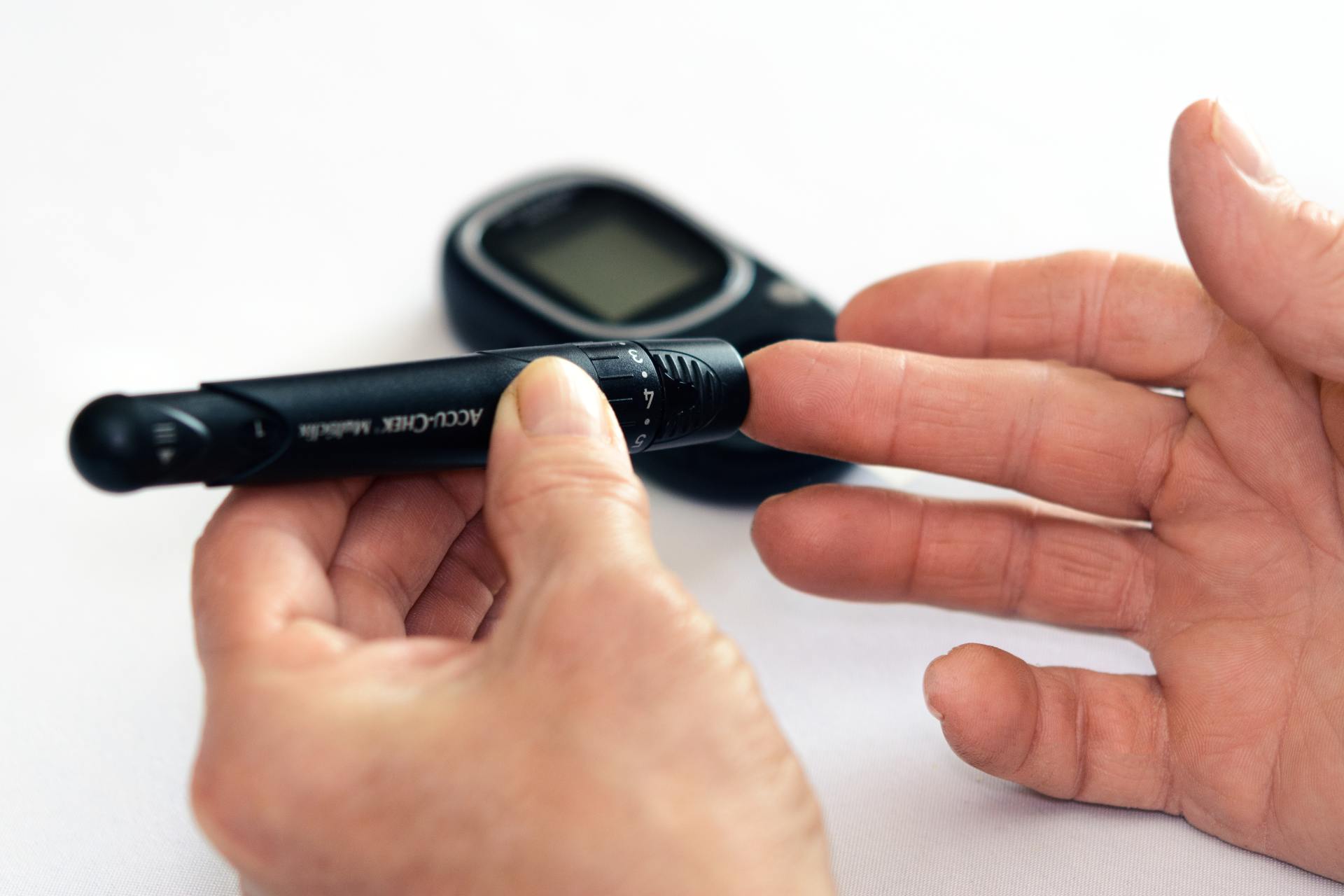
By Dr. Susan Ashley, MD
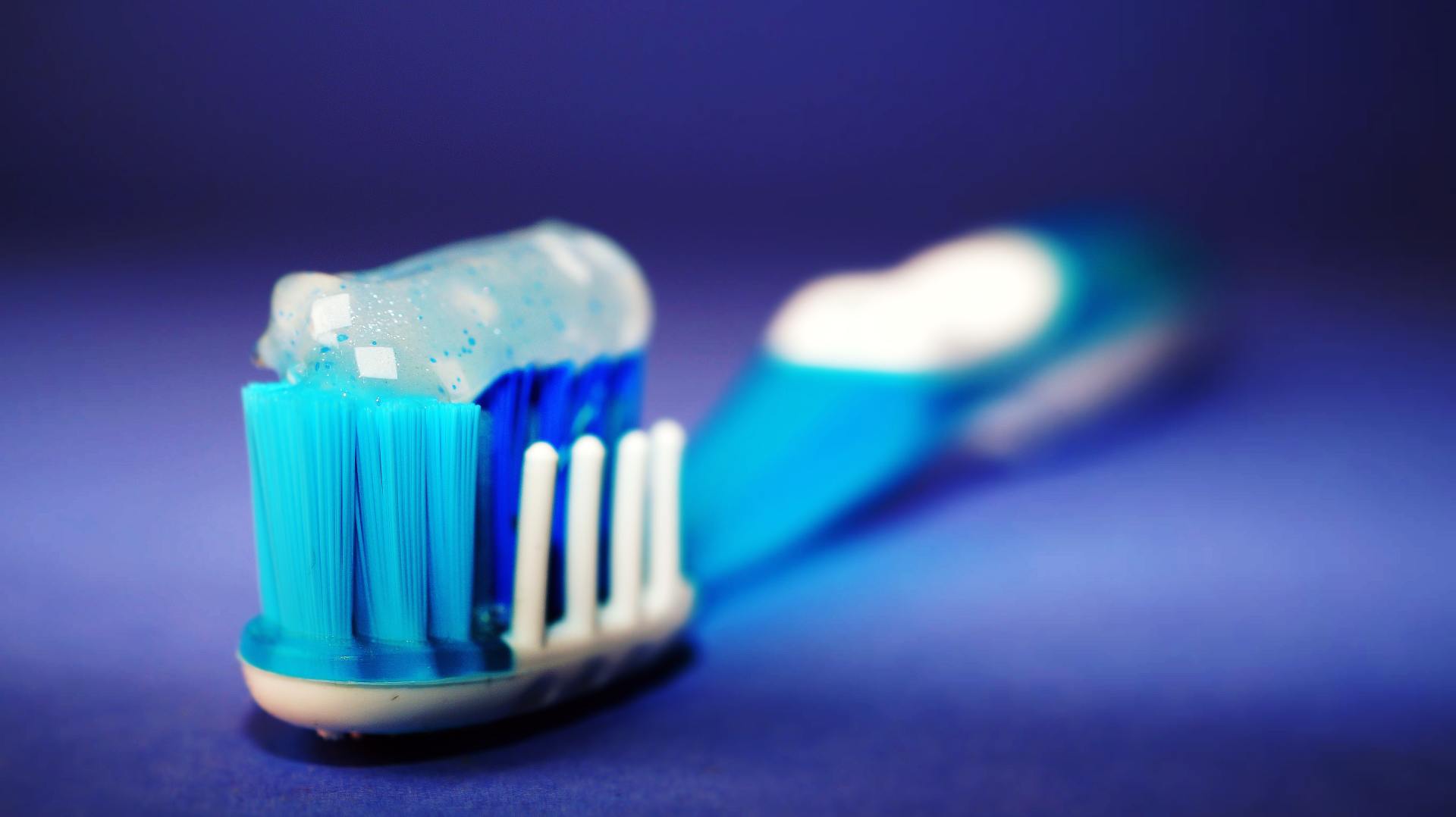
Side effects of triclosan include:
- About 1/2 cup coconut oil
- 2-3 Tablespoons of baking soda
- 2 small packets of stevia powder
- 15-20 drops of peppermint or cinnamon essential oil
- 10 drops myrrh extract (optional)
Natural Toothpaste Instructions
- Melt or slightly soften coconut oil.
- Mix in other ingredients and stir well. If using semi-hard coconut oil, use a fork, if not, use a spoon. If you are using completely melted coconut oil, you will need to stir several times while the mixture cools to keep the baking soda incorporated.
- Put mixture into small glass jar (I make different ones for each family member)
- Let cool completely.
- To use: dip toothbrush in and scrape small amount onto bristles. Could also use a small spoon to put on toothbrush.
By Dr. Susan Ashley, MD

By Dr. Susan Ashley, MD

By Dr. Susan Ashley, MD
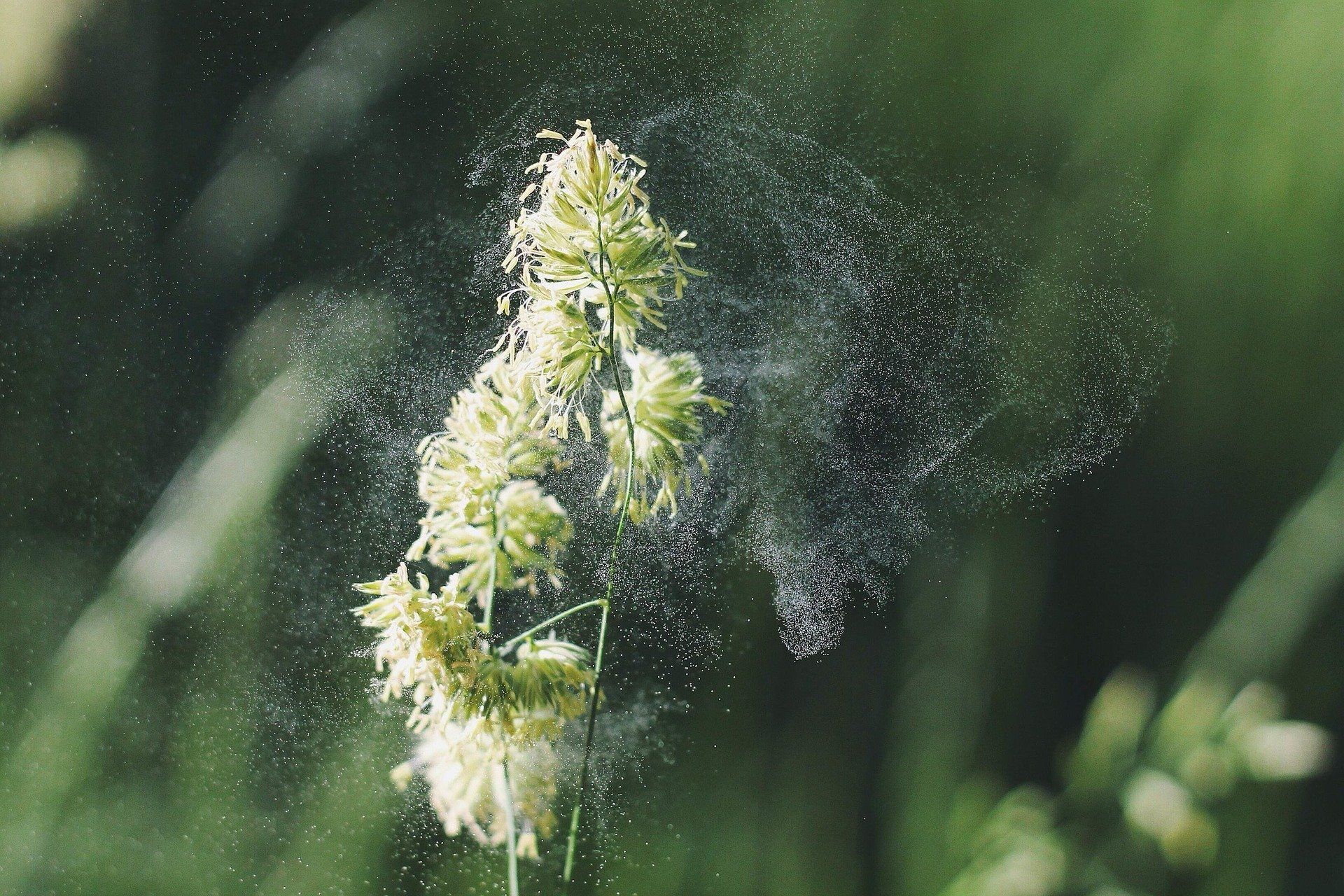
By Dr. Susan Ashley, MD
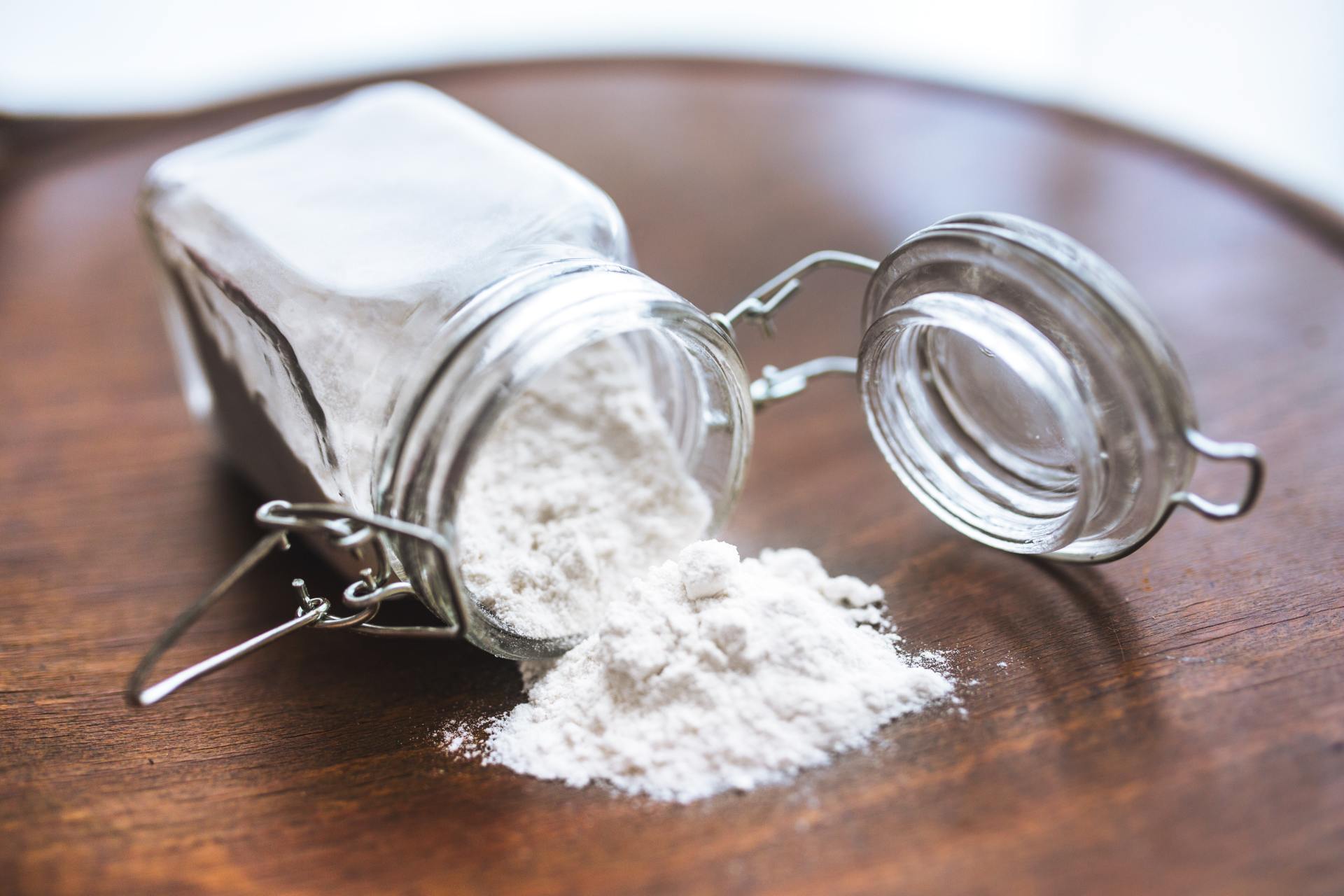
By Dr. Susan Ashley, MD
